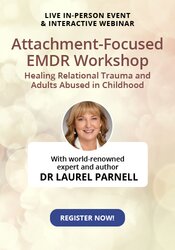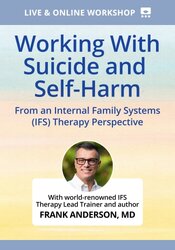Enrol in an online course today for flexible, self-paced learning—no fixed schedule required. Plus, enjoy lifetime access to course materials for convenient revisiting.
Single-Session Therapy and Student Mental Health
4 March, 2021

In 1975, I qualified as a student counsellor. At that time, students did not have to wait to see a counsellor and they could have as much help as they and their counsellor deemed necessary. How things have changed! Nowadays, students have to wait to see a counsellor, often for long periods. This occurs even though blocks of counselling sessions, usually six, are offered to all students rather than unlimited access. As these blocks of sessions do not have an appreciable effect on reducing waiting lists, other ways of providing prompt counselling help to students have had to be considered to meet student need. One such way is known as single-session therapy.
Single-session therapy (SST) is an intentional way of helping students where both the counsellor and the client agree to meet for a single session to see if the client’s problem can be effectively addressed in that session and where both understand that more help is available.
SST reflects how clients behave when seeking help. Studies have shown that across a range of different agencies and in different countries, the modal number of sessions (i.e. the most frequently occurring number in a series) clients have is ‘one’ followed by ‘two’, followed by ‘three’, etc. Furthermore, of those clients who attend once, 70 to 80 per cent are satisfied with the single session given their circumstances. These findings also apply in student counselling services even before the introduction of single-session therapy.
Increasingly, student counselling services have introduced SST as a way of helping students at the point of need and as such it reduces waiting times for
The practice of SST is influenced by the counsellor holding a single-session mindset. Characteristics of this mindset include:
- The counsellor approaching the session as though it may be the last
- The importance of working towards the client’s stated wants
- Identifying and utilising the client’s internal and external resources
- Helping the client to find a solution, if appropriate, based on an understanding of what they have tried before and the opposite of factors responsible for the maintenance of their problem. Thus, if avoiding the issue is maintaining the problem, the opposite is facing the issue.
Counsellors new to SST are sometimes sceptical of it largely because they think that they can’t develop a working alliance with the client in a single session and that more than one session is needed to help the person. Counsellors who have been trained in SST and have used it know that a good working alliance can be formed in a single session and that they can help a client in a brief period of time. They also know that the only way to answer the question concerning who will benefit from SST is to offer a single session to a client and see if they will benefit.
While single-session therapy is not a panacea it has the potential to provide help at the point of student need rather than at the point of agency availability. As such, it has an important role to play in helping students deal with issues promptly and thereby maintain good mental health.



![Ceo63b3w0uabhly4ycu3w[1]](/media/wweaj4n3/ceo63b3w0uabhly4ycu3w-1.jpg?width=410&height=410&v=1da9ffc7ac3acb0&format=webp&quality=80)














